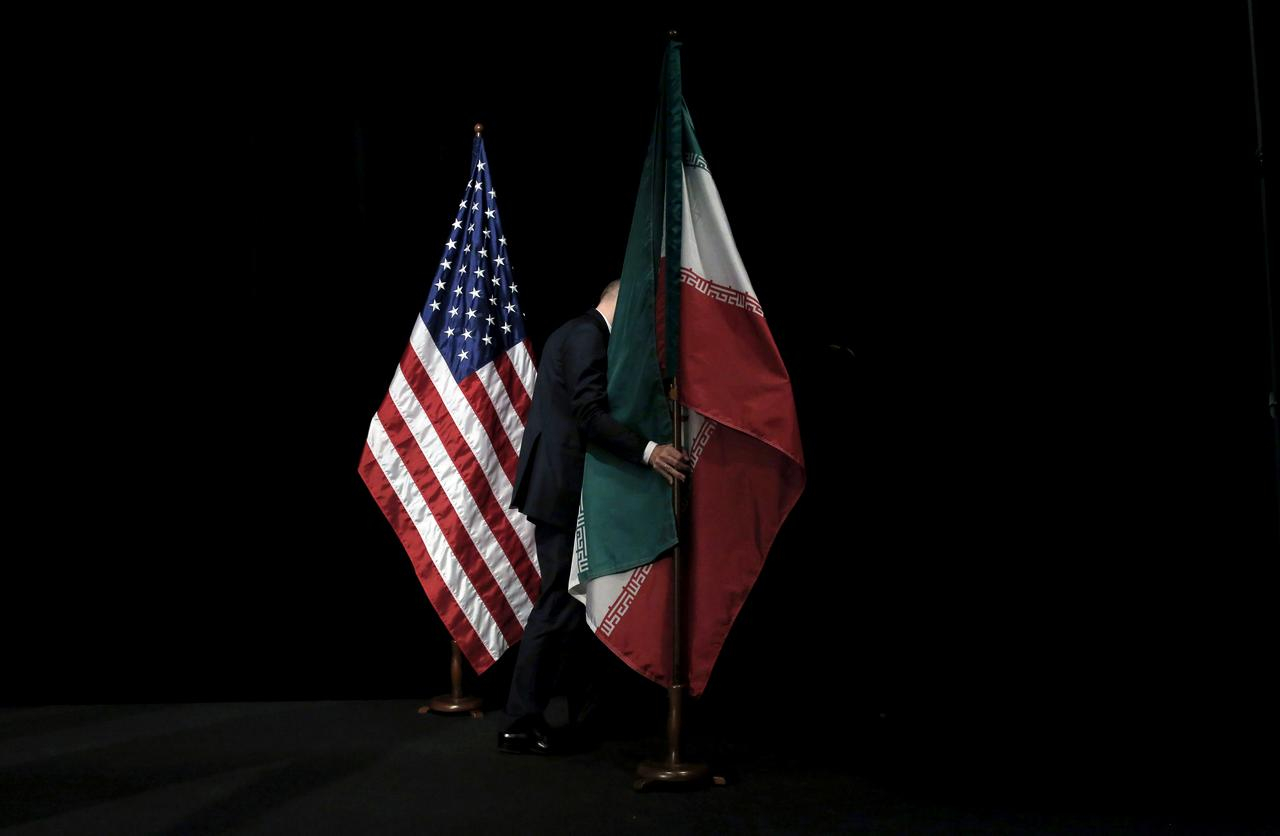

Iran's Foreign Minister Mohammad Javad Zarif speaks during a news conference in Tehran, Iran, August 5, 2019. /Reuters Photo
The United States is unable to build a naval coalition to escort tankers in the Gulf because its allies are too "ashamed" to join it, Iranian Foreign Minister Mohammad Javad Zarif said on Monday.
"Today the United States in alone in the world and cannot create a coalition. Countries that are its friends are too ashamed of being in a coalition with them," Zarif told a news conference in Tehran.
"They brought this situation upon themselves, with lawbreaking, by creating tensions and crisis," Zarif said.
Iran and the U.S. have been locked in a battle of nerves since May 2018 when U.S. President Donald Trump withdrew the U.S. from a landmark 2015 deal placing limits on Iran's nuclear programme and began reimposing sanctions.
Tensions soared after the Trump administration stepped up a U.S. campaign of "maximum pressure" against Iran, with drones downed and tankers mysteriously attacked in Gulf waters.
In response, the U.S. has been seeking to form a coalition whose mission — dubbed Operation Sentinel — it says is to guarantee freedom of navigation in the strategic Gulf waters.
However, it has been struggling to build such a coalition, with European countries reticent and believed to be concerned about being dragged into a possible conflict.

A staff member removes the Iranian flag from the stage after a group picture with foreign ministers and representatives of the U.S., Iran, China, Russia, Britain, Germany, France and the European Union during Iran nuclear talks at the Vienna International Center in Vienna, Austria, July 14, 2015. /VCG Photo
Tehran to leave nuclear deal if necessary
Iran will leave its 2015 nuclear deal with world powers, Zarif said on Monday, if Tehran's interests were not protected by other parties to the pact.
"Iran will leave its 2015 nuclear deal with powers if necessary," Zarif told a news conference, "calling on Europeans to accelerate their efforts to shield Iran's economy from U.S. sanctions."
U.S. is not interested in diplomacy with Iran to resolve nuclear standoff despite calls for talks, he said.
Asked on Monday about reports that he had been invited to meet Trump in the White House, Zarif said he had turned it down despite the threat of sanctions against him.
"I was told in New York I would be sanctioned in two week unless I accepted that offer, which fortunately I did not," said Zarif.
The U.S. imposed sanctions against Zarif on Wednesday, targeting any assets he has in America and squeezing his ability to function as a globe-trotting diplomat.
Iranian President Hassan Rouhani accused the U.S. of "childish behavior" on Thursday over the sanctions amid rising tensions between the two countries.
"They (Americans) are resorting to childish behavior... They were claiming every day 'We want to talk, with no preconditions'... and then they sanction the foreign minister," Rouhani said. "This means they have lost the power of rational thought."
Zarif dismissed the action and said it would not affect him.
(With input from AFP, Reuters)

Copyright © 2018 CGTN. Beijing ICP prepared NO.16065310-3
Copyright © 2018 CGTN. Beijing ICP prepared NO.16065310-3